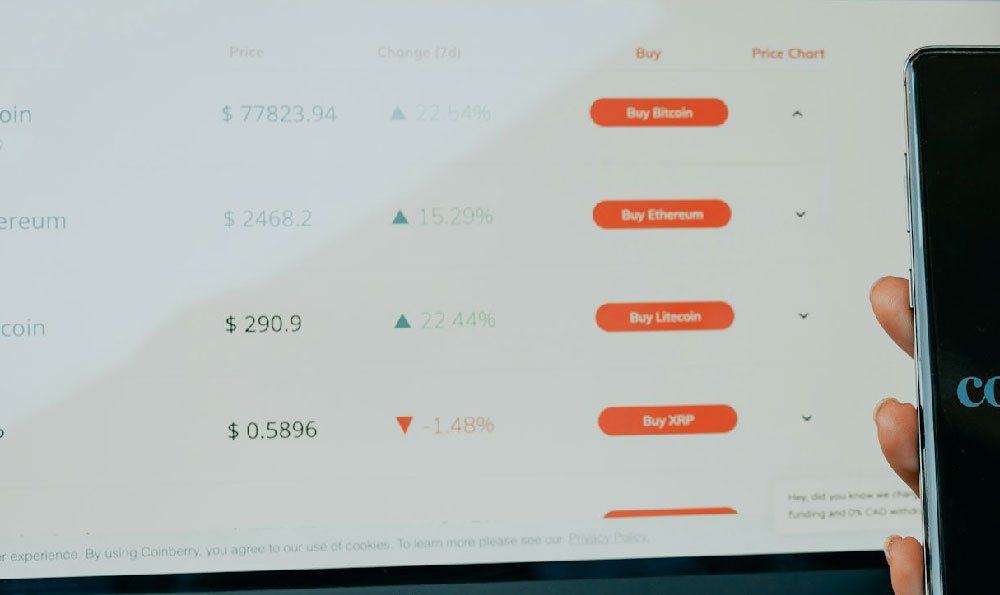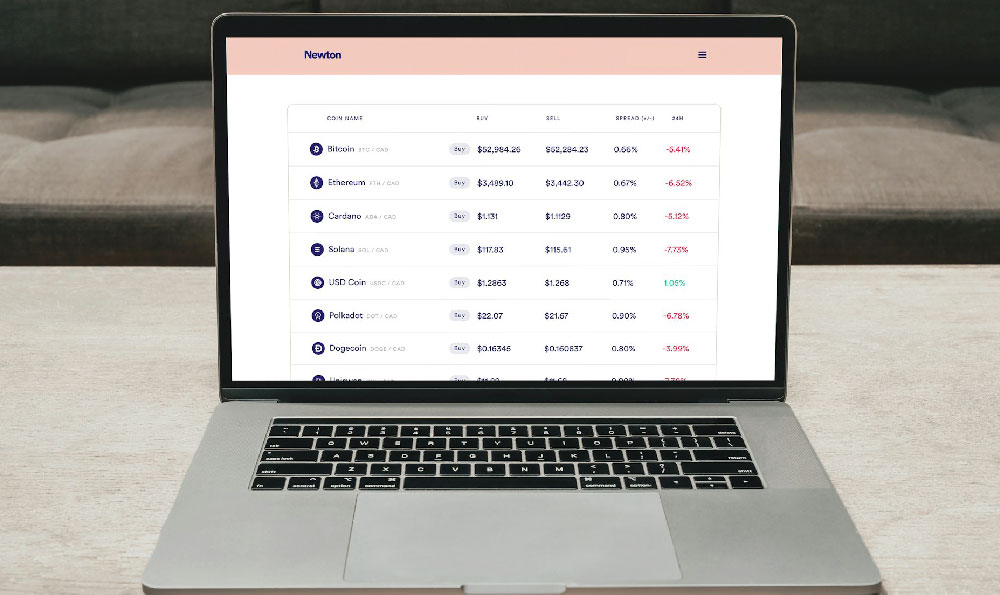Navigating the complexities of unemployment benefits can be daunting, especially when seeking to supplement income through part-time work. In New York State, the intersection of unemployment insurance and part-time employment is governed by specific regulations that individuals must understand to maintain eligibility and avoid penalties. The possibility of working part-time while collecting unemployment hinges on a few crucial factors: the amount of income earned, the number of hours worked, and the individual’s continued availability for full-time work.
New York State allows individuals receiving unemployment benefits to engage in part-time work. However, doing so requires careful attention to detail and adherence to the established rules. The core principle is that unemployment benefits are intended to provide temporary financial assistance to those who are actively seeking full-time employment but are currently out of work. Part-time work, in this context, is permissible as long as it does not negate this fundamental requirement.
The first and most critical aspect is the reporting of earnings. When filing for unemployment benefits each week, individuals must accurately report all gross earnings from any part-time work. This is not optional; failure to report income can be considered fraud and can result in severe consequences, including the repayment of benefits, penalties, and even legal action. Transparency and honesty are paramount in this process.

The amount of earnings directly impacts the unemployment benefit amount. In New York, the unemployment insurance system calculates a weekly benefit rate based on a percentage of the claimant's past earnings. When someone works part-time, a portion of their earnings is deducted from their weekly benefit. The state allows claimants to earn a certain amount each week without completely disqualifying them from receiving benefits. As of current regulations, the specifics can change, so checking the latest guidelines directly from the New York Department of Labor is crucial. Generally, earnings above a certain threshold will reduce the weekly benefit dollar for dollar. If the part-time earnings exceed the weekly benefit rate, the individual will not receive any unemployment benefits for that week.
The number of hours worked also plays a significant role. While there isn't a strict hourly limit explicitly stated, the implicit expectation is that part-time work should not interfere with the individual's ability to actively seek and accept full-time employment. If the hours dedicated to part-time work are so extensive that they effectively prevent a claimant from searching for and being available for full-time opportunities, their eligibility for unemployment benefits may be questioned. The Department of Labor may assess whether the part-time work is, in essence, a substitute for full-time employment, thus rendering the individual ineligible for benefits.
“Availability for work” is a cornerstone of unemployment eligibility. Claimants must demonstrate that they are ready, willing, and able to accept suitable full-time employment if offered. This means actively engaging in job search activities, such as submitting applications, attending interviews, and networking within their field. Engaging in substantial part-time work that limits this availability can jeopardize unemployment benefits. For example, working evenings and weekends might be acceptable if the claimant dedicates daytime hours to job searching. However, working during typical business hours could raise concerns about their availability for full-time positions.
Furthermore, the type of part-time work can also influence eligibility. If the part-time work is in a field significantly different from the claimant’s usual occupation and hinders their ability to pursue full-time opportunities in their established career, it might be viewed negatively. The unemployment system aims to help individuals return to their previous level of employment, so activities that detract from that goal could be scrutinized.
It is important to distinguish between temporary and permanent part-time work. Temporary part-time work, undertaken while actively seeking full-time employment, is generally viewed more favorably. However, if the part-time work becomes more permanent or resembles a full-time commitment, it could impact eligibility.
Documenting job search efforts is essential. Claimants should maintain records of their job applications, interviews, and other job-seeking activities. This documentation serves as evidence of their continued commitment to finding full-time employment and can be presented to the Department of Labor if requested.
Staying informed about the specific regulations and guidelines of the New York Department of Labor is paramount. Unemployment insurance laws and policies can change, so it's crucial to consult the official website or contact the Department of Labor directly for the most up-to-date information. The Department of Labor provides resources, including handbooks and online portals, that explain the requirements for maintaining eligibility while working part-time.
In conclusion, it is indeed possible to work part-time while collecting unemployment benefits in New York, but it requires careful adherence to the rules and regulations. Accurate reporting of earnings, demonstrating continued availability for full-time work, and maintaining diligent job search efforts are all essential components. Claimants should proactively seek information from the New York Department of Labor to ensure they understand their obligations and avoid any potential issues that could jeopardize their benefits. The key is to strike a balance between supplementing income through part-time work and actively pursuing full-time employment opportunities.











